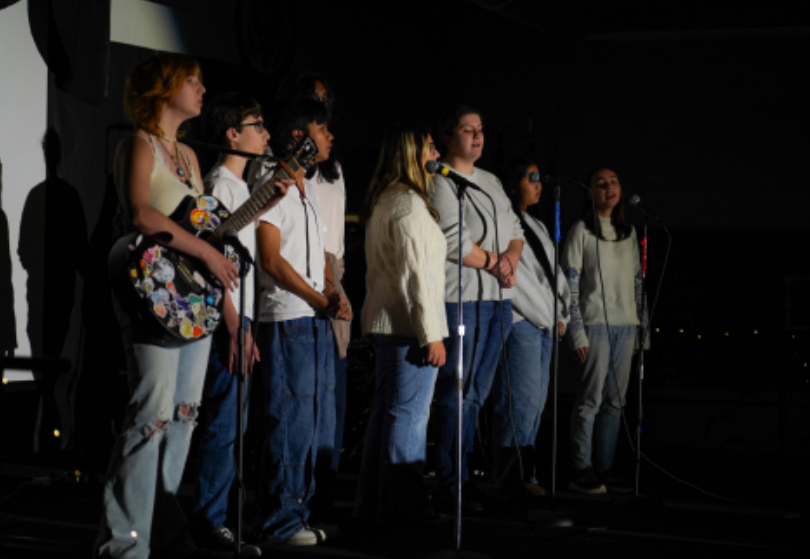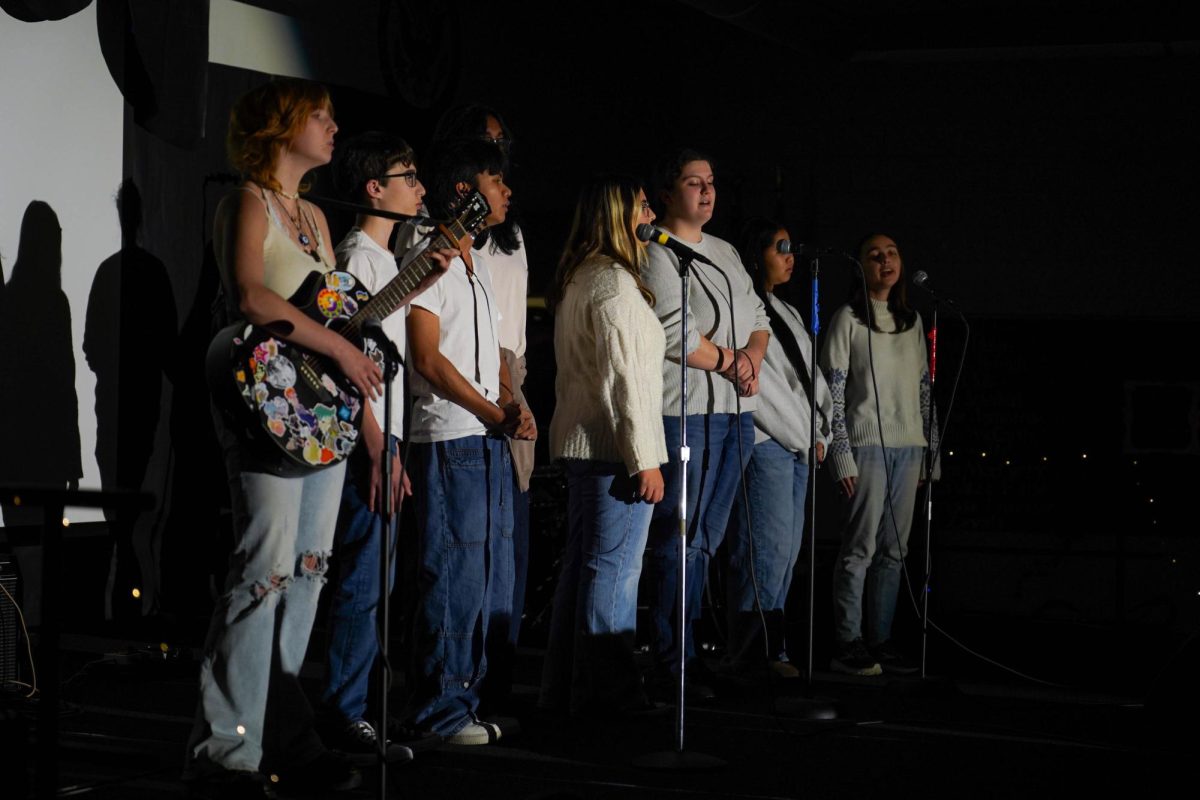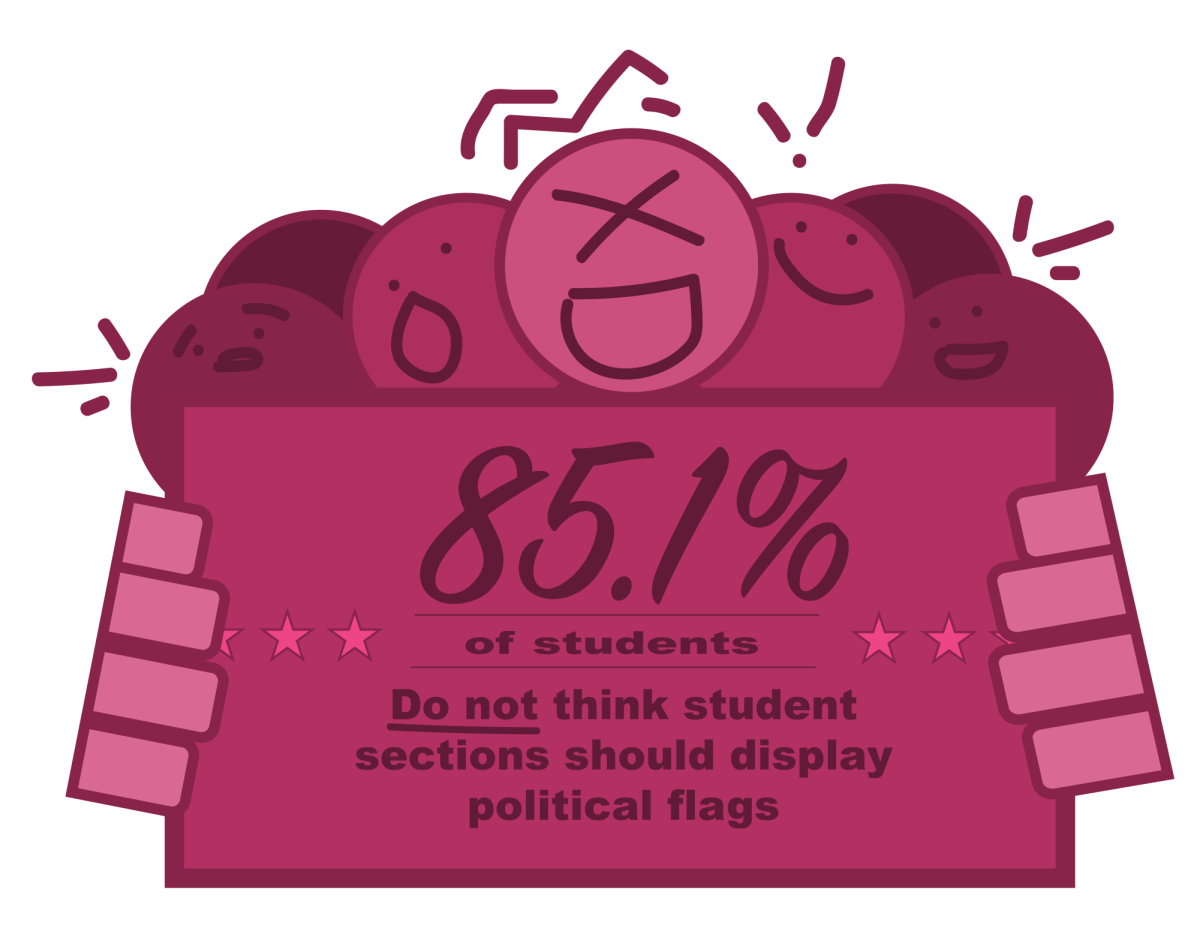Since elected, President Donald Trump has worked to assemble his administration in preparation for Inauguration Day.
Trump has selected most of his staff, elevating vocal supporters to key positions. Among his picks are Robert F. Kennedy Jr., an opponent turned supporter of Trump’s who is set to lead the Department of Health and Human Services, Marco Rubio, who is set to become the secretary of state, and Pam Bondi, who was selected to lead the Justice Department as attorney general.
Trump’s choices for his administration will have to undergo a confirmation process by the Senate, which may block some of his more controversial picks from assuming their posts. One of Trump’s more contentious choices Matt Gaetz has already withdrawn himself from consideration due to allegations of sex trafficking, according to the New York Times. Gaetz, who was set to become Trump’s attorney general, dropped out of the running for the position after it became clear that he would not be able to amass the votes in the Senate needed for confirmation. Other candidates, such as Pete Hegseth, who was confirmed as secretary of defense, and Kash Patel, who has been chosen to run the Federal Bureau of Investigation, have also come under scrutiny.
Many of president-elect Trump’s choices have been vocal opponents of the political establishments that they are set to lead. According to CNN, Patel has been a vocal critic of the F.B.I, the organization he is set to lead. He criticized the organization and the so-called “deep state” for unfairly targeting Republican politicians. Kennedy, another one of Trump’s unorthodox picks, is a vocal critic of the Center for Disease Control (CDC). According to the New York Times, he has questioned vaccines, water fluoridation and other practices that he could influence as director of the CDC.
Many of Trump’s picks reflect his views and ideology, and will help him execute his plans for presidency. According to Reuters, Trump plans to issue a flurry of executive orders on his first day in office in order to execute many of his campaign promises. These orders include sending more troops to the U.S.-Mexico Border, removing Biden Administration protections for transgender students, reducing federal funds from schools that teach “critical race theory” and bolstering energy production. While many of these initiatives can take effect immediately, some will require new legislation to be approved or face court challenges, which will certainly slow down their implementation.
Another aspect of Trump’s presidency may be the inclusion of plans laid out in Project 2025, a policy book written by the Heritage Foundation, a conservative think tank, which includes a hypothetical agenda for Trump’s second term as president. According to the BBC, the policies laid out in Project 2025 seek to restrict abortion access, strengthen border security and give the president more control over the Justice Department as well as the Government’s bureaucracy. On the campaign trail, Trump has repeatedly distanced himself from the policies laid out in Project 2025, however, he now seems to be reversing some of his criticisms of the agenda. In an interview with Time Magazine, he said, “They [Project 2025] have some things that are very conservative and very good. They have other things that I don’t like.” In addition, Trump has also chosen Russel Vought, a longtime vice-president of one of the Heritage Foundation’s sister organizations and a supporter of Project 2025, to lead the Office of Management and Budget.








